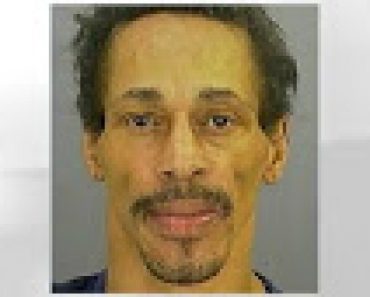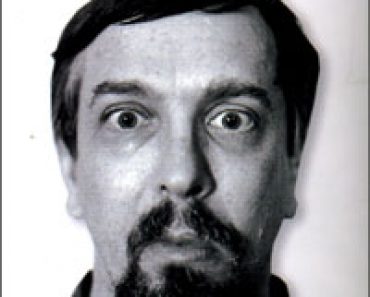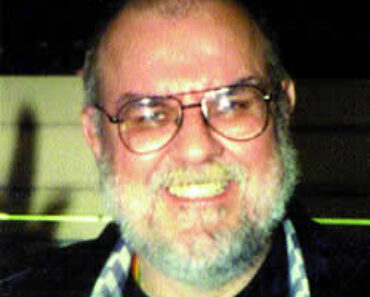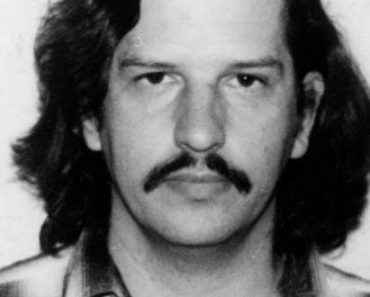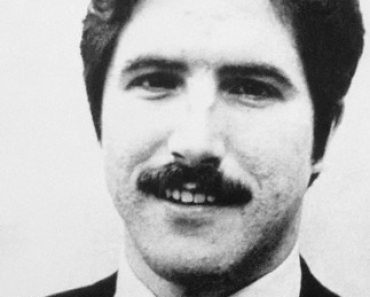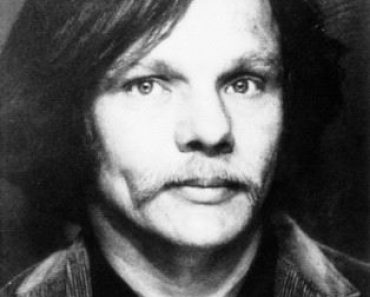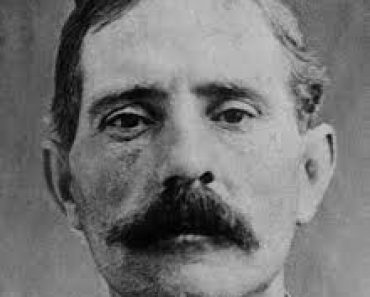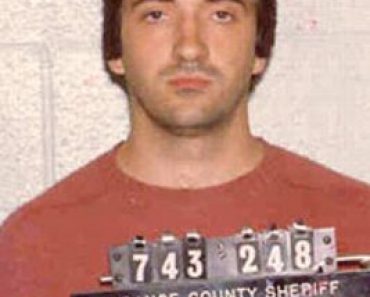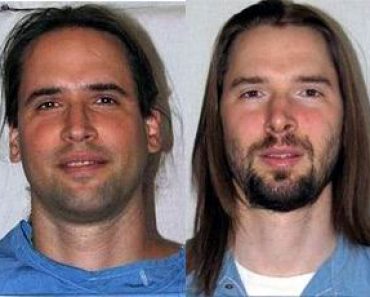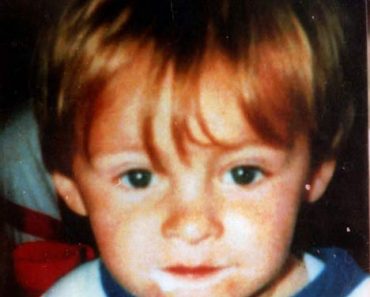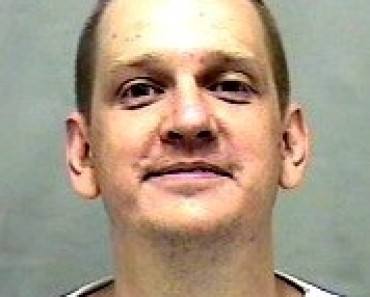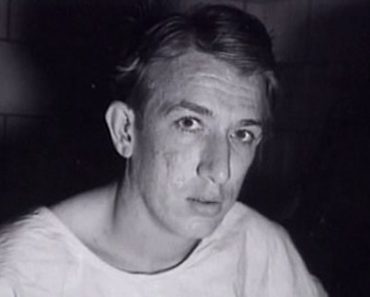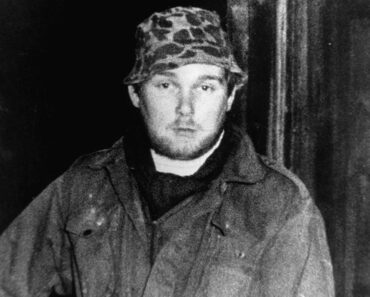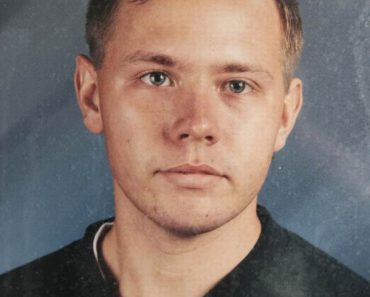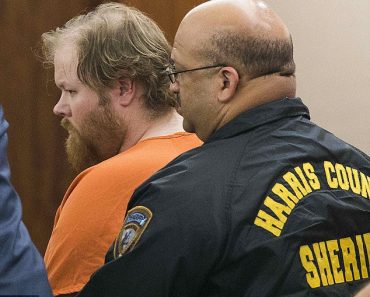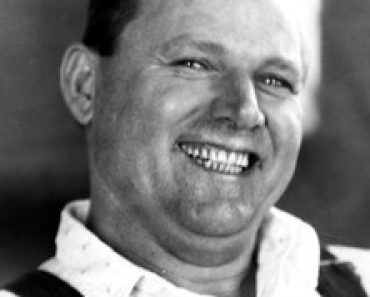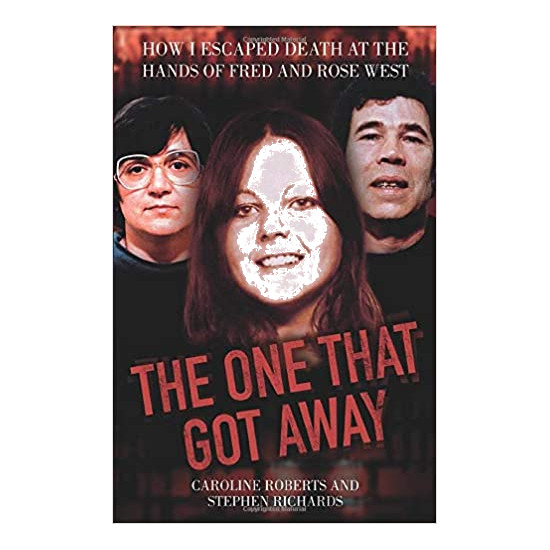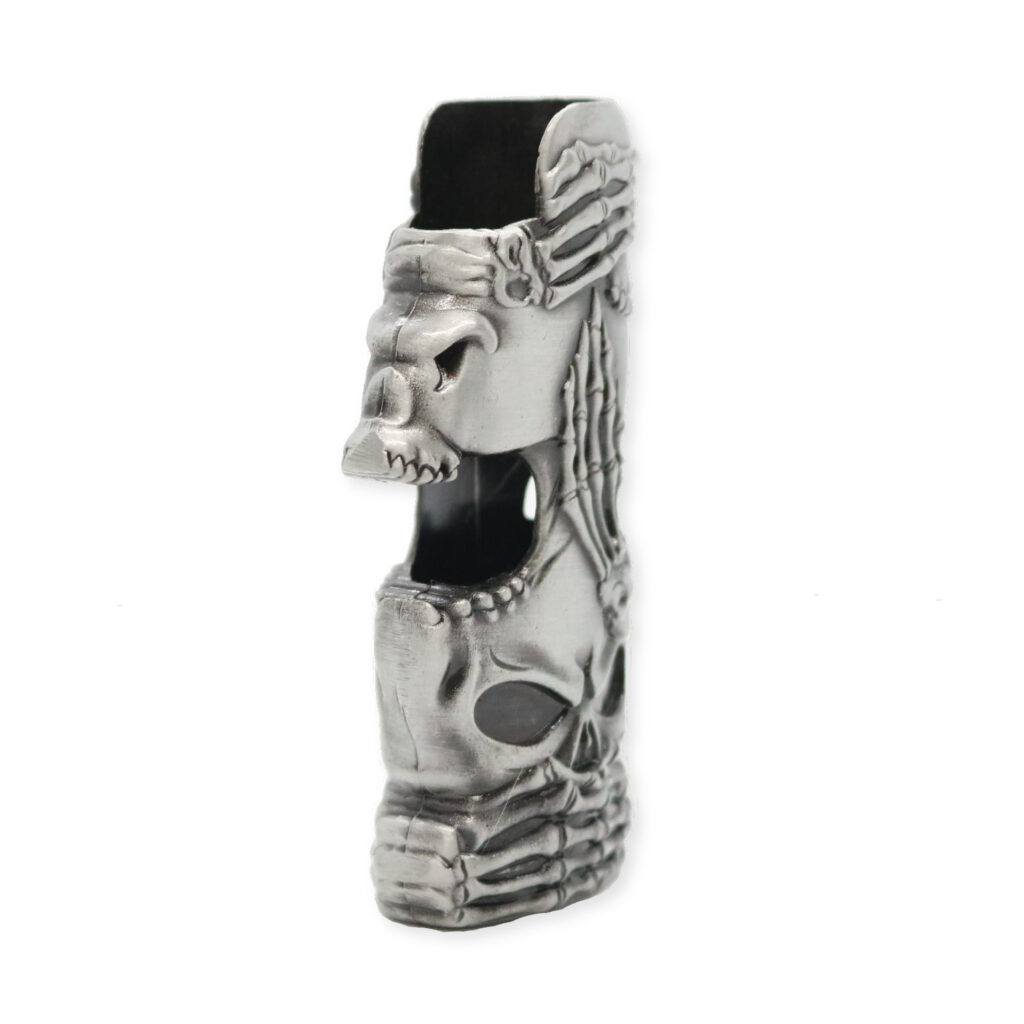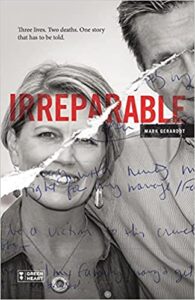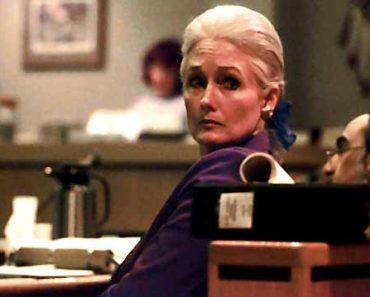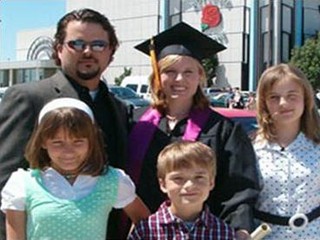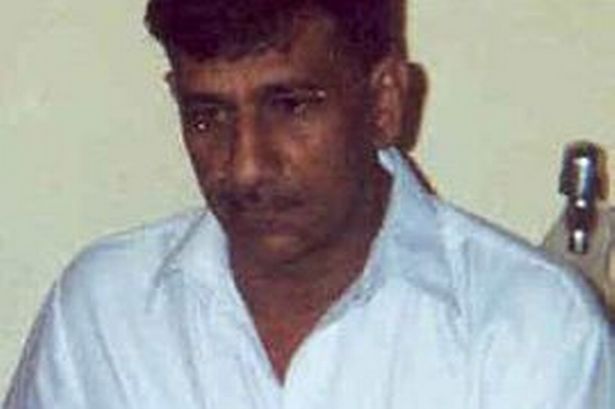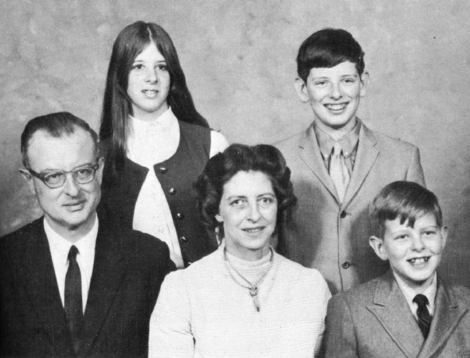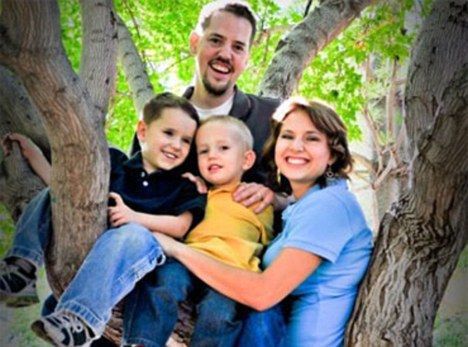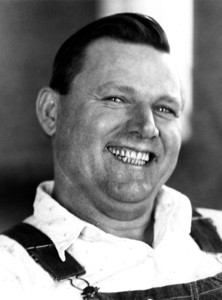Find a term:
Find Terms & Definitions.
Familicide | The Act of Family Annihilation | Author
This site contains affiliate links. We may, at no cost to you, receive a commission for purchases made through these links

Familicide is a type of murder or murder-suicide in which a perpetrator kills multiple close family members in quick succession, most often children, relatives, spouse, siblings, or parents. In half the cases, the killer takes their own life in a murder-suicide.
Where every member of a family is killed, the crime may be referred to as family annihilation.
On average, family annihilators tend to be white men in their 30’s and the month of August sees the most family annihilations.
A literature review done in 2018 noted contextual and offense characteristics of familicide. Among the 63 articles reviewed 74–85% noted relationship problems or separation. This article also found evidence of financial problems, intoxication, and use of firearms.
This literature review unveiled that 71% of these offenses were motivated in regard to conflict between parents and 29% associated to the perpetrators’ situation in life. Lastly this article reported two studies, one of which found that many of the motives involved feelings of abandonment, psychosis, and narcissistic rage. The other study found that 60% of these perpetrators were suicidal and 40% homicidal.
The internal logic for family annihilation can stem from a number of sources.
David Wilson of Birmingham City University has divided these cases into four groups: anomic, disappointed, self-righteous and paranoid.
Self-preserving often comes in to play as well.
A Taxonomy of Male British Family Annihilators | ELIZABETH YARDLEY, DAVID WILSON and ADAM LYNES | Read Full Study
Familicide
Familicide is usually committed by men.
Familicide perpetrators normally fall into four major motives:
1 Self-Righteous – They hold their wives responsible for the breakdown of the family unit and are often overly dramatic, choosing to carry out their murders on dates that are important to their families. Unsure in their roles as providers, they are threatened by their wives’ careers or financial windfalls.
Self-Righteous – They seek to blame their partner, or ex-partner for the annihilation. Often they will have been controlling/possessive within the family. Narcissistic and dramatic both in the method by which the annihilation takes place and in their statements prior to the murders. They will take their own life, or make serious
attempts to do so, partly to avoid being judged by the criminal justice system.
For the self-righteous family annihilator, there is a lack of flexibility in terms of the structure of the family. These men conceptualize an ideal family, often conforming to the traditional ‘gold standard’ nuclear family, of two parents and their biological children. For these men, such a family is central to their masculinity. Their role as the ‘breadwinner’ affords them a significant degree of control. Thus the threat of family breakdown results in efforts to keep the family together – through an escalation of controlling behavior that may involve threats and violence towards their partners. Where their partners show signs of thriving without them, the family is perceived as having failed. (Christopher Vaughn)
Christopher Vaughn
Christopher Vaughn murdered his family in 2007 after pulling their SUV off Interstate 55 onto an isolated frontage road near Channahon on the way to what he said was a surprise trip to a Springfield water park. He allegedly shoved his handgun under his wife’s chin and pulled the trigger. He then turned the gun on his sleeping children, the last of whom apparently raised his arms in an attempt to fend off the fatal bullets his father was pumping into his body.
Self Righteous
READ MORE
2 Disappointed – Believes that the family has let him down; that they have failed, either actively or passively, from fulfilling his view of what a family should be. Sees family as simply an extension of his own needs, desires, hopes and aspirations.
He believes that his family has let him down; that they had not fulfilled his expectations or, as he would see it, they were actively and consistently acting in ways that would detract, undermine, and ultimately destroy, what it was that he wanted from family life.
The institutional position of the disappointed family annihilator is similar to that of the self-righteous family annihilator, in that both have rigid and fixed conceptions of what ‘family’ should be. However, while the self-righteous family annihilator responds, in the main, to the threat that his ‘nuclear’ family is to break up as a result of his partner’s actions, the disappointed family annihilator wants to create that break-up for himself. His family, by which we mean his children, his partner, or both, have, in some way, either actively or passively, let him down and, therefore, can no longer deliver what he wants from being a father, or as a husband. For him, the family is no longer performing its institutional role and, therefore, his solution is to break up the family permanently through murder. (Mohammed Riaz)
Mohammed Riaz
Mohammed Riaz believed his family had let him down and was acting in ways that undermine and threatened to destroy his vision of the ideal family life. They were steadily becoming westernized. A fact he could not accept. He also found it abhorrent that his four daughters would likely reject the Muslim tradition of arranged marriages. So he set the house on fire and killed them all. Then he set himself on fire and died days later
Disappointment Familicide
READ MORE
3
Anomic Familicide – For anomic family annihilators, the family appears to have become inextricably linked to the economy. It has been suggested that within capitalist society, the pressures of economic success are detrimental to non-economic institutions such as the family.
This is of clear relevance when considering anomic family annihilators, for whom the family has become simply an indicator of economic success. The manifestations of ‘family’ created by these men are ones in which they are able to display their achievements by presenting widely-acknowledged symbols of success, within the social locations they inhabit. Key family ‘markers’, for example, a palatial family home, prestige vehicles and expensive leisure pursuits provide others with proof of his status. However, the potential sanction of disapproval, or rejection by his peers in the absence of these symbols is akin to a social death. In other words, it would suggest that he is not economically successful. In these cases, the family itself has not underperformed as an institution – it has delivered the expected outcomes in maintaining a respectable façade, but the father’s ‘economic failure’ has meant that the family becomes obsolete; it no longer serves a function. (John List)
John List
On November 9, 1971, John List methodically murdered his wife, his mother and all three of his children at their home in Westfield, New Jersey. His fortune was gone and he determined they were all better off dead. All but him of course. He just disappeared.
John had planned the murders so meticulously that nearly a month passed before anyone suspected that anything was amiss. By that time he was living as someone else and would for 18 more years.
Anomic Familicide
4
Paranoid Familicide – The perpetrator believes that an external threat, which may be real or imagined, such as from social services, whom he believes will take his children into care, will destroy his family. In his mind, killing his family is a way of protecting them from that threat.
The paranoid family annihilator – feels that the ‘family’ he has created is under threat from institutional forces outside of that family. The function of the family for these men is similar to that of the anomic and self-righteous family annihilator, as the family is central to his masculinity. However, it is his role as protector of the children that is central here. The paranoid family annihilator has become distrustful, both of his partner’s capacity to care for his children and of institutional manifestations of the polity – most notably social services and the Family Court. He fears that these institutions might ‘take sides’ with his partner, threatening his position as the primary protector of his children’s interests.
Josh Powell
Susan Marie Powell disappeared on December 6, 2009. After reading her private diaries, where detectives discovered her fear for her life at the hands of her husband, Josh instantly became a person of interest. The state awarded temporary custody of the children (two little boys) to Susan’s parents while the lengthy investigation was underway. Josh, who was yet to be arrested for the disappearance of his wife, was awarded supervised visitations and on February 5, 2012, he used that privilege to finish what he’d obviously started years before.
Joshua Powell killed himself and his two young sons, Charles and Braden Timothy in a murder–suicide that removed any doubt remaining that he had murdered his wife and hidden her body that has never been found.
Paranoid Annihilator
READ MORE
RELATED
Matricide is the act of killing one’s mother.
Patricide is the act of killing one’s father.
Siblicide is the act of killing one’s sibling
Sources: thelineup.com | xyonline.net | en.wikipedia.org | jaapl.org | scholarsarchive.library.albany.edu | scholarsarchive.library.albany.edu |

YOU MAY ALSO BE INTERESTED IN
George Hassell
A TWO TIME FAMILY ANNIHILATOR
George Hassell gave a three-word confession: “I did it.”
With little emotion, and no remorse, he penned this statement: “I had just quarreled with my wife and gone out to the barn and taken a drink of whiskey. When I returned, my wife began quarreling with me. I grabbed a hammer, where it came from I do not know. I struck her and she fell to the floor. When I saw what I had done, I decided that I had best go on and kill the whole outfit.
But George’s confession did not stop stop there.
Paranoid Annihilator



